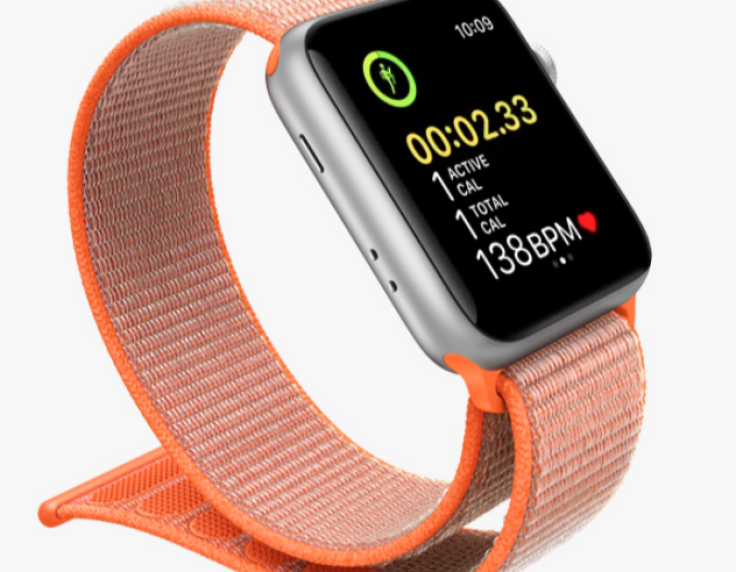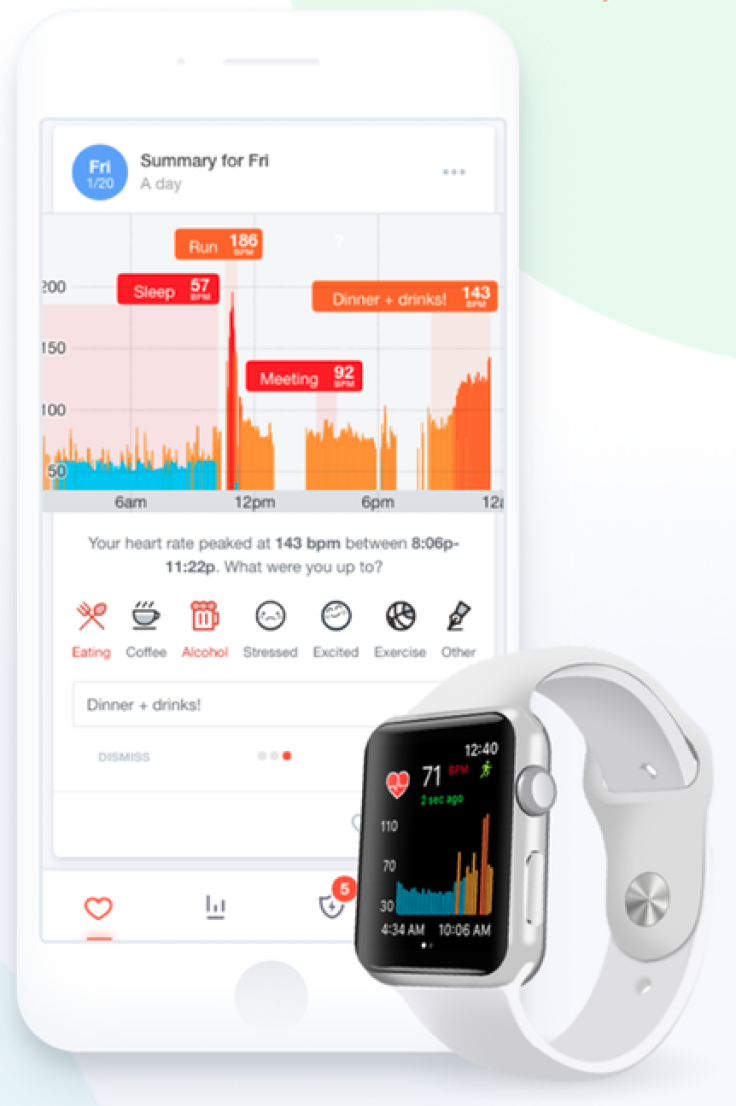Apple Watch, Android Wear Can Detect Early Diabetes Signs Study Says

Researchers say the Apple Watch and Android Wear watches can detect early signs of diabetes, according to large study involving more than 14,000 Cardiogram app users.
The study, conducted by researchers at UC San Francisco and Cardiogram, was released on Wednesday. Cardiogram, a digital health startup, was founded in 2016 by ex-Googlers Johnson Hsieh and Brandon Ballinger. The Cardiogram app is available for iOS and Android and is compatible with all Apple Watches and Android Wear devices, including the Huawei Watch, LG Watch Sport, Moto 360 and more. The app has more than 250,000 users.
For the study, researchers recruited 14,011 Cardiogram users. Researchers then used 33,628 person-weeks of health sensor data to train a deep neural network, called DeepHeart, by showing it samples from people who had or didn’t have diabetes, hypertension, sleep apnea, atrial fibrillation and high cholesterol.
“Typical deep learning algorithms are data-hungry, requiring millions of labeled examples, but in medicine, each label represents a human life at risk—for example, a person who recently suffered a heart attack or experienced an abnormal heart rhythm,” Hsieh explained in a Q&A. “To solve this challenge, researchers applied two semi-supervised deep learning techniques (‘unsupervised sequence pretraining’ and ‘weakly-supervised heuristic pretraining’) which made use of both labeled and unlabeled heart rate data to improve accuracy. The final deep neural network contained 564,227 neural network weights and both convolutional and recurrent layers.”
The accuracy of the deep neural network was determined by using 12,790 person-weeks of data from a separate set of participants who did not have their data applied during its training. The study found DeepHeart had an 85 percent accuracy in distinguishing between people with and without diabetes.
The study, which used 200 million heart rate and step count measurements, found diabetes can be detected by using only heart rate and step count data.
“Your heart is connected with your pancreas via the autonomic nervous system. As people develop the early stages of diabetes, their pattern of heart rate variability shifts,” Hsieh explained. “In 2015, the Framingham Heart Study showed that high resting heart rate and low heart rate variability predicts who will develop diabetes over a 12-year period. In 2005, the ARIC study showed that heart rate variability declines faster in diabetics than non-diabetics over a 9-year period.”

Researchers also found DeepHeart had a high accuracy among other conditions.
“We’ve shown high accuracy in detecting four common health conditions—diabetes, sleep apnea, hypertension, and high cholesterol–using readily available, off-the-shelf heart rate monitors,” the study said. “Since these four conditions are highly prevalent, commonly undiagnosed, and reduced HRV is associated with the earliest stages of disease progression, this suggests a new approach to public health screening using deep learning.”
Researchers added: “This work is a first step in showing how health conditions can be detected using techniques first developed in natural language processing and computer vision.”
Following the study, Cardiogram plans to launch new features this year that will incorporate DeepHeart within the iOS and Android apps, said Ballinger.
© Copyright IBTimes 2024. All rights reserved.











